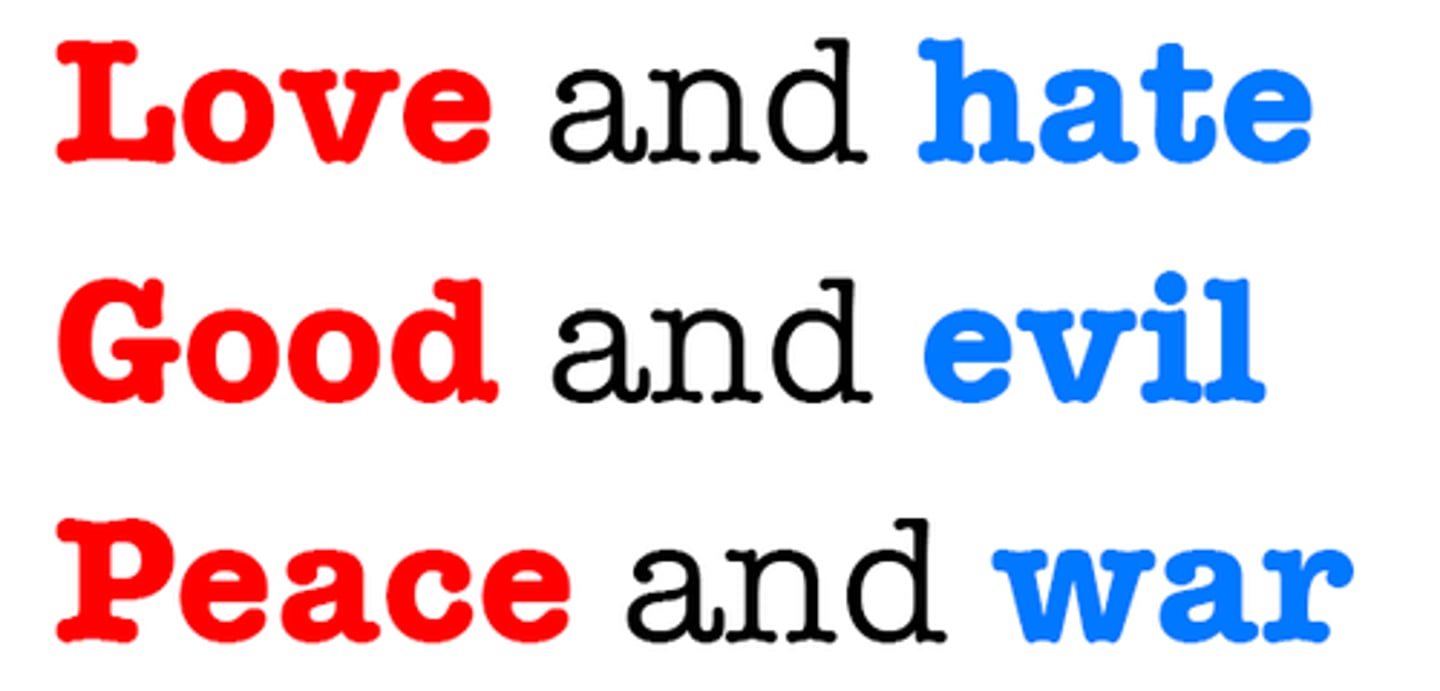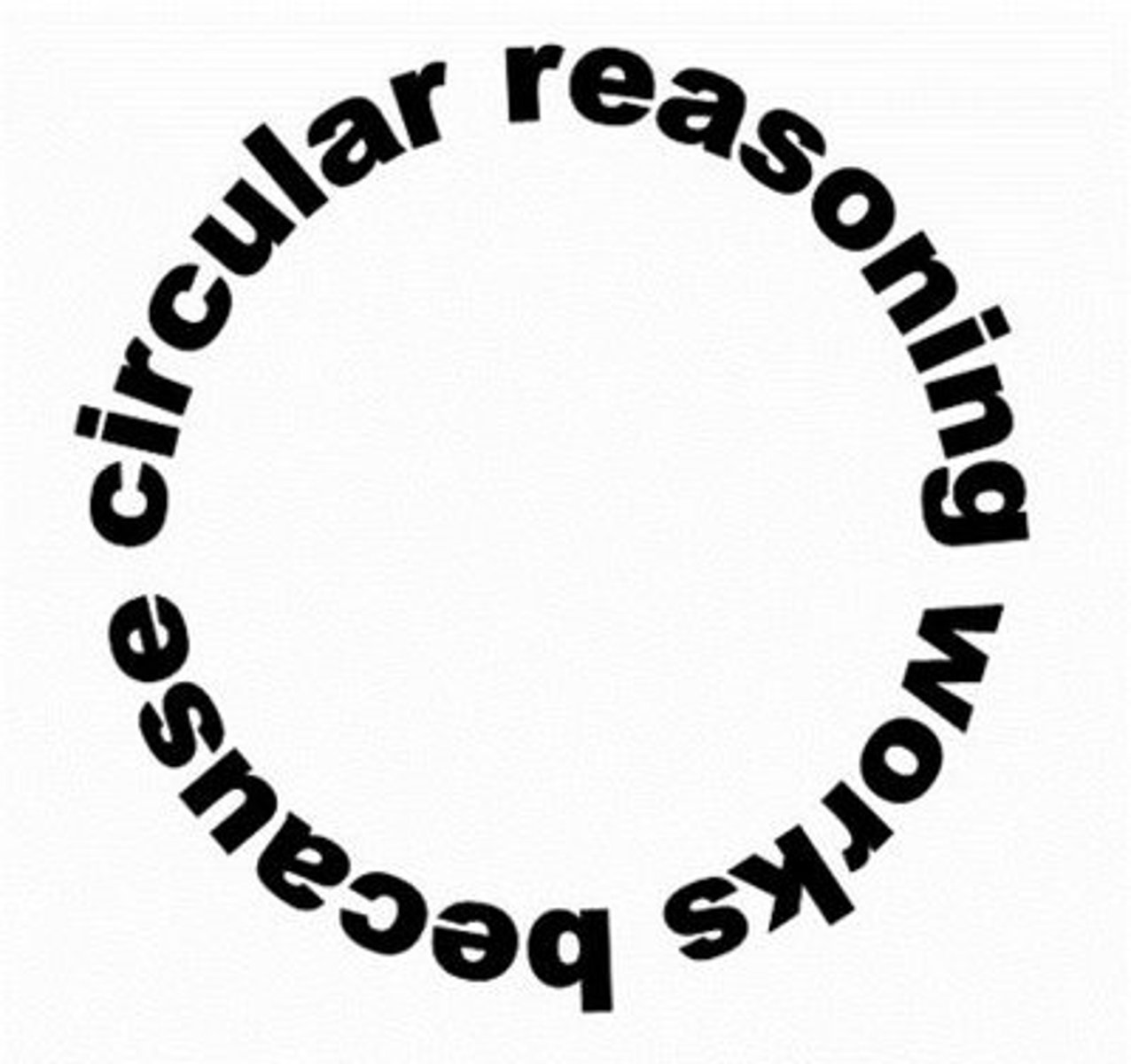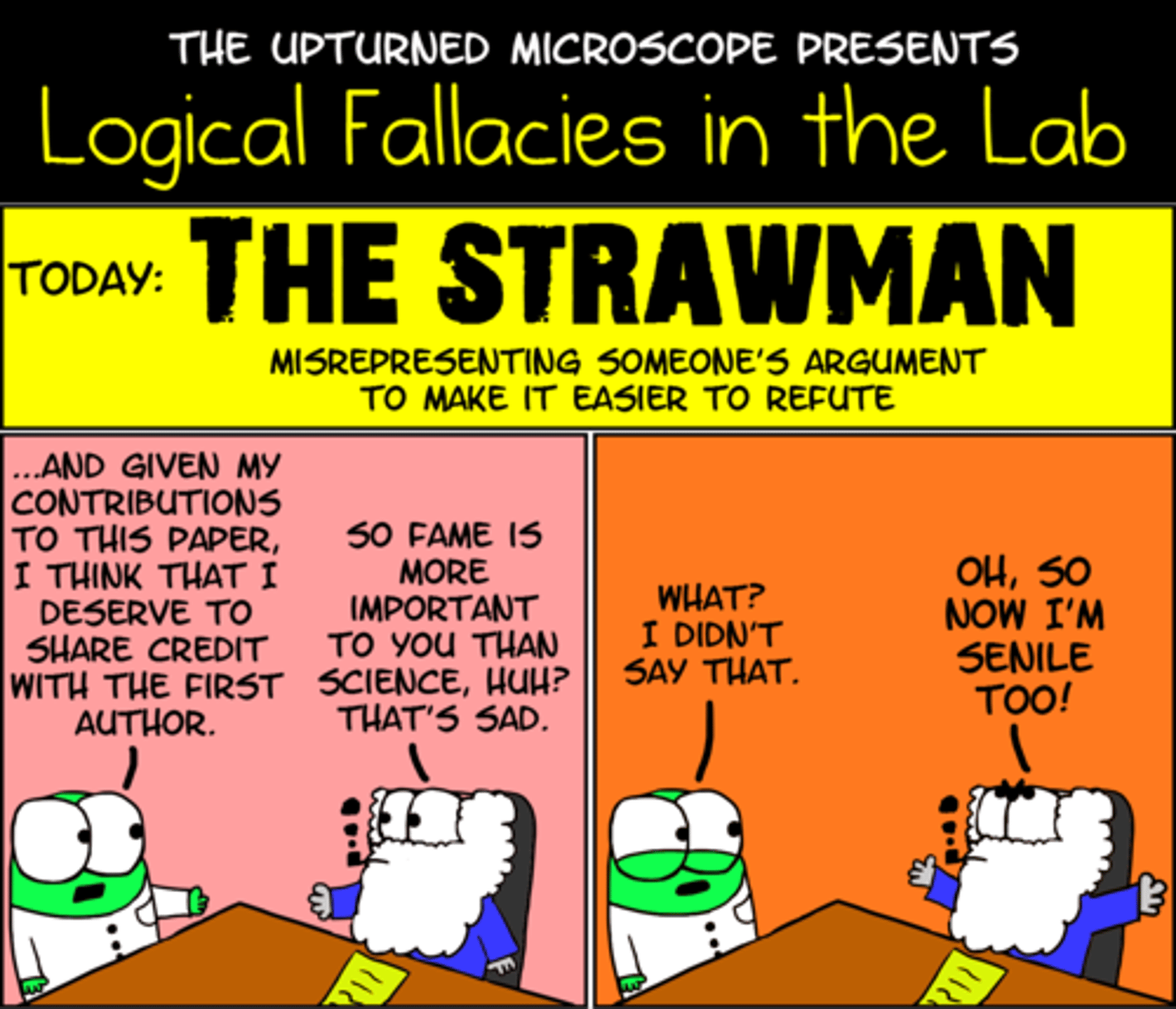AP Lang Rhetorical Terms & Logical Fallacies
1/23
There's no tags or description
Looks like no tags are added yet.
Name | Mastery | Learn | Test | Matching | Spaced |
|---|
No study sessions yet.
24 Terms
euphemism
an indirect, less offensive way of saying something that is considered unpleasant

allusion
a reference to another work of literature, person, or event
apostrophe
a figure of speech in which one directly addresses an absent or imaginary person, or some abstraction
paradox
a statement that seems contradictory but is actually true
synecdoche
a figure of speech in which a part is made to represent the whole or vice versa
metonymy
substituting the name of one object for another object closely associated with it
understatement
the presentation of something as being smaller, worse, or less important than it actually is

anaphora
repetition of a word or phrase at the beginning of successive phrases, clauses, or lines

antithesis
the direct opposite, a sharp contrast

asyndeton
omission of conjunctions between coordinate phrases, clauses, or words
chiasmus
a reversal in the order of words in two otherwise parallel phrases
parallelism
similarity of structure in a pair or series of related words, phrases, or clauses
litotes
a form of understatement that involves making an affirmative point by denying its opposite
Ad hominem
An attack on the person, or the character of the person, rather than his or her arguments or opinions
"against the man"
Ad populum
A fallacious argument that appeals to the popularity of the claim as a reason to accept it
"appeal to the people"
Begging the Question
An argument that assumes that the premise of the claim is true. This is a type of circular reasoning
False Analogy
Argument based on a misleading comparison

Circular Reasoning
A fallacious argument that restates the argument or claim rather than proving it. The argument goes in a circle. The arguer assumes what he or she is attempting to prove

Hasty Generalizations
Conclusion or claim that is based on insufficient evidence. The arguer rushes to a conclusion before having enough relevant facts

Non-Sequitur
A conclusion does not follow from its premises
"it does not follow"
Post hoc ergo propter hoc "post hoc"
Its assumed one thing caused another when the two events happen sequentially
"after this, therefore because of this"

Red Herring
Diversion tactic that leads people away from the key/real issues. People oppose arguments rather than addressing them, leading the audience to a false conclusion
Slippery Slope
A person argues that an event will inevitably happen without providing any examples that this may happen. A series of steps is intentionally left out
Straw Man
Someone oversimplifies or misrepresents another persons argument in order to make it easier to attack
